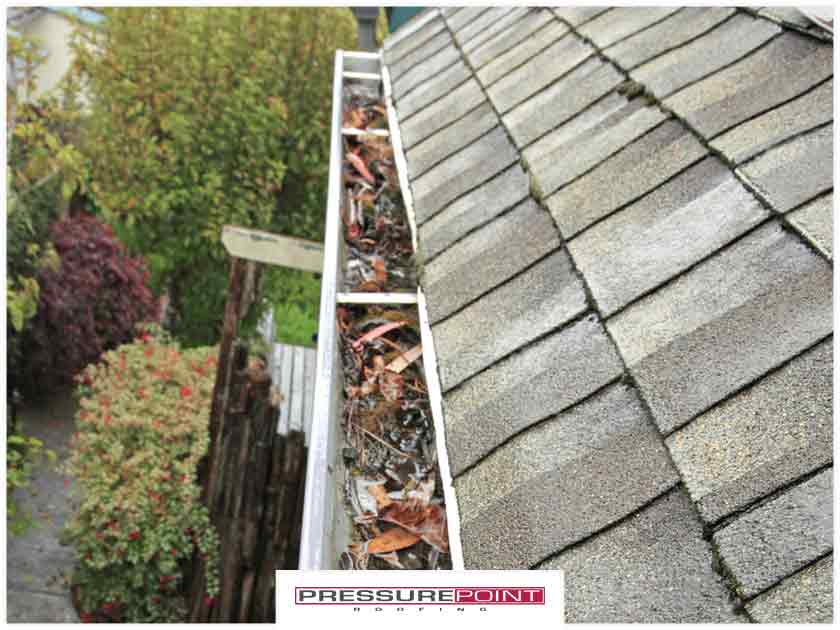How the Wind Can Cause Damage to Your Gutters
A light, pleasant wind blowing at the side of your house may seem like a pretty benign thing. Most homeowners don’t really stop and think about what the wind could do to their gutters. Unfortunately, even a light wind brings with it leaves, twigs and other debris, which can end up in your gutters. If left unchecked, it will eventually lead to clogs and could even cause damage to your roofing system and necessitate a call to your local residential roofing contractor. Here are some of the ways the wind could spell trouble for your gutters.

Strong Winds
Let’s get the most obvious one out of the way first. If you have old or poorly installed gutters, then strong winds may be too much for them to handle. If a strong wind catches your gutters at an awkward angle, it could cause them to get ripped off the side of your house. Fortunately, there is an easy fix. Simply make sure that your gutters are securely fastened so that they can withstand even hurricane-level winds.
Clogged Gutters
This is the most common type of gutter damage that the wind can cause. As mentioned before, the wind brings with it all sorts of debris. Even if you don’t live in a wooded area, this could still become an issue. To prevent clogs, it is always a good idea to hire a gutter and roof maintenance company to clean your gutters for you at least once each year.
Metal Fatigue
Metal fatigue is exactly what it sounds like: a weakened condition induced in metal objects caused by repeated stress. Metal fatigue mostly affects the screws and nails holding your gutters in place. To prevent your gutters from detaching from the side of your house, be sure to check the metal components holding them in place regularly.
Looking for a trusted roof repair and installation company? Then, look no further than Pressure Point Roofing, LLC. Give us a call at (541) 772-1945, or fill out our contact form to schedule a free, no-obligation appointment with us today. We serve residents in Central Point, OR, as well as its surrounding areas.
Schedule a Consultation
By submitting this form, I agree to receive calls and text messages (including those sent using automated technology) from Pressure Point Roofing, LLC and its representatives at the number provided. Message and data rates may apply. Message frequency may vary. Consent is not required as a condition of purchase. Reply STOP to unsubscribe at any time.
Related Content
Partners and Awards












